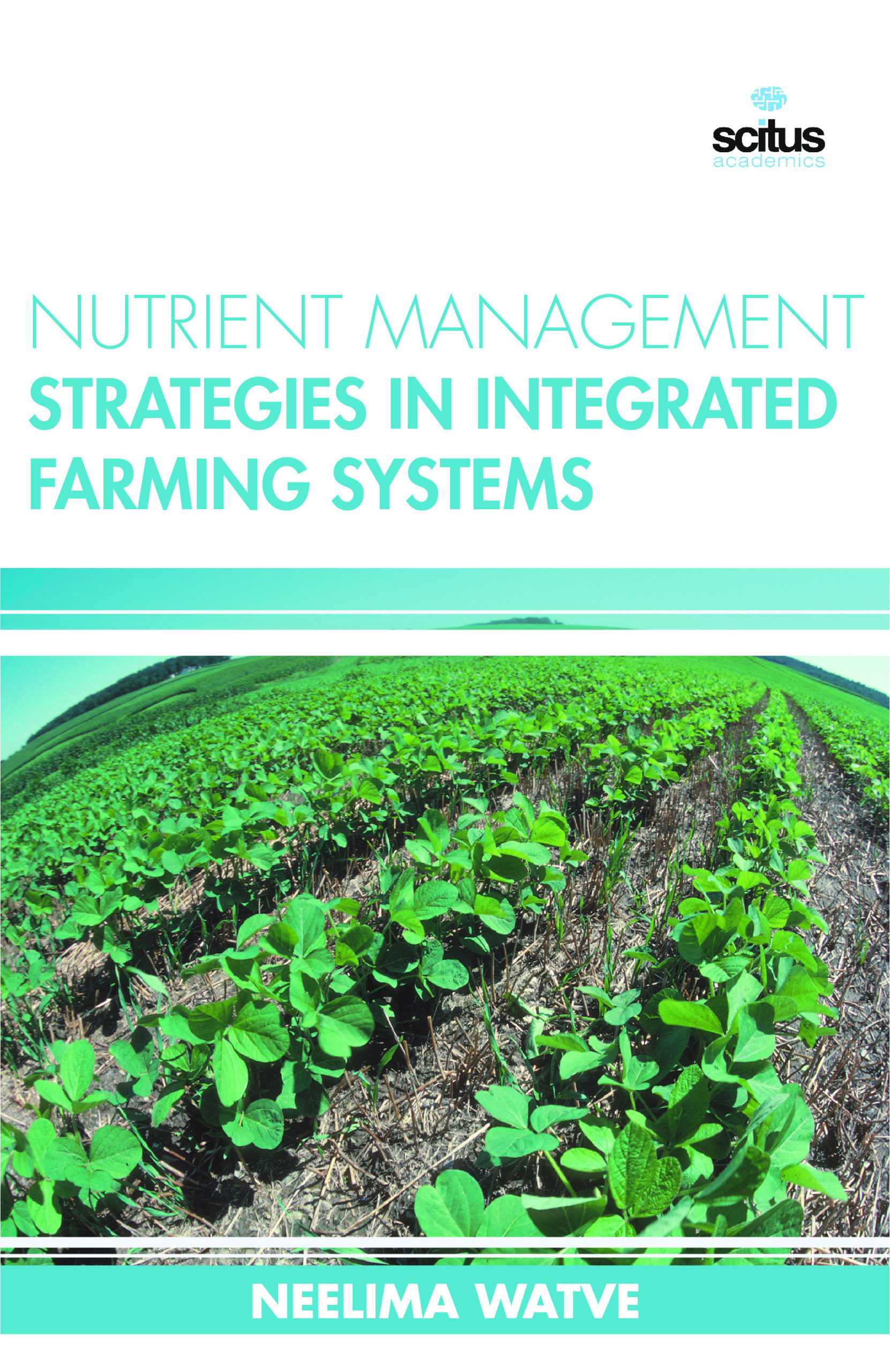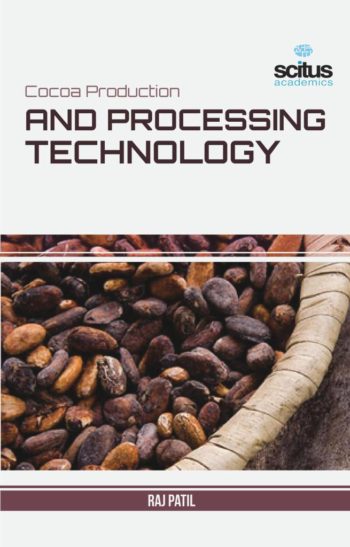The overall strategy for increasing crop yields and sustaining them at a high level must include an integrated approach to the management of soil nutrients, along with other complementary measures. An integrated approach recognizes that soils are the storehouse of most of the plant nutrients essential for plant growth and that the way in which nutrients are managed will have a major impact on plant growth, soil fertility, and agricultural sustainability. Farmers, researchers, institutions, and government all have an important role to play in sustaining agricultural productivity. Concerns also are growing about the long-term sustainability of agriculture. Both the over- and under application of fertilizer and the poor management of resources have damaged the environment. In developed countries, for example, over application of inorganic and organic fertilizer1 has led to environmental contamination of water supplies and soils. In developing countries, harsh climatic conditions, population pressure, land constraints, and the decline of traditional soil management practices have often reduced soil fertility. Because agriculture is a soil-based industry that extracts nutrients from the soil, effective and efficient approaches to slowing that removal and returning nutrients to the soil will be required in order to maintain and increase crop productivity and sustain agriculture for the long term.













